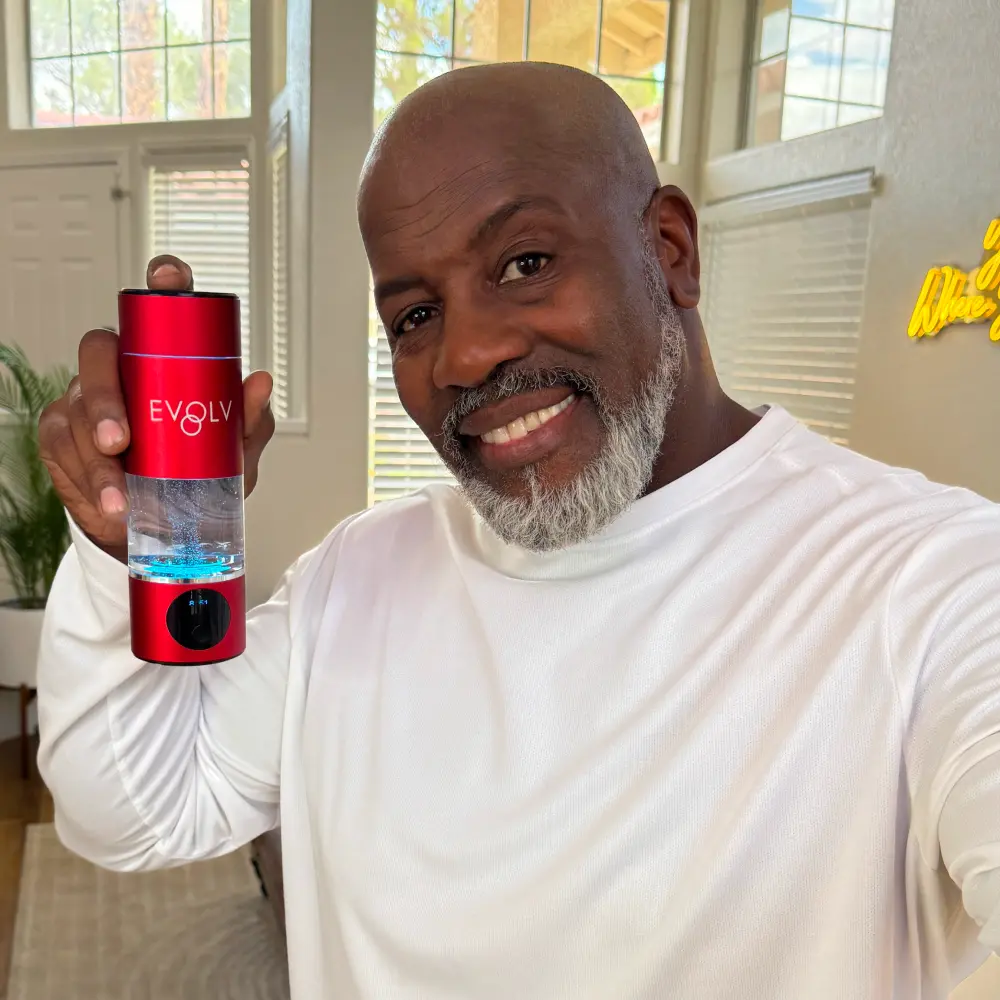
In today's fast-paced digital world, young people face increasing levels of stress, poor sleep, inflammation, and exposure to pollutants. all of which can affect long-term health. As a result, many families are exploring natural and science-backed ways to support youth wellness from the inside out. One emerging area of interest is hydrogen-rich water (H₂ water), a simple but powerful wellness tool that may support overall vitality, cellular protection, and recovery.
What Is Hydrogen Water?
Hydrogen water is regular water infused with molecular hydrogen gas (H₂). Molecular hydrogen acts as a selective antioxidant, meaning it targets harmful free radicals (like hydroxyl radicals) without interfering with beneficial cellular processes. This balance is particularly valuable in growing bodies, where development and repair processes are happening constantly.
A foundational study showed that H₂ neutralizes cytotoxic oxygen radicals without disrupting normal cell signaling: Ohsawa et al., Nature Medicine, 2007
Why Youth May Benefit from Hydrogen Water
Helps Lower Daily Oxidative Stress
From environmental pollution to poor dietary habits, young people today face oxidative stress even before adulthood. Hydrogen water may help by protecting cellular structures like DNA, lipids, and proteins from free radical damage.
A 2021 review emphasized hydrogen’s potential to support redox balance and reduce chronic inflammation: Ichihara et al., Medical Gas Research, 2021
Enhances Concentration and Mental Sharpness
Young people navigating school, screens, and social life often experience mental fatigue and brain fog. Early studies suggest hydrogen water may support brain function by improving mitochondrial efficiency and reducing neuroinflammation.
Research in athletes drinking H₂ water showed improvements in fatigue levels and brain performance: Aoki et al., Medical Gas Research, 2012
Helps With Recovery After Sports and Exercise
Whether in school sports or casual fitness, youth often engage in physical activity that places stress on muscles and joints. Hydrogen water may promote faster recovery by reducing lactic acid buildup and post-exercise inflammation.
A pilot study showed reduced muscle fatigue and soreness in participants who consumed hydrogen water during workouts: Aoki et al., 2012
Promotes Gut Health and Immune Balance
Hydrogen also shows promise in protecting the gut lining and regulating microbiota, a critical factor for immune health in children and adolescents.
Hydrogen-rich water improved gut barrier function in animal studies, showing potential for supporting gut-immune health in young populations: Nakao et al., PLOS ONE, 2010
What to Consider Before Giving Hydrogen Water to Youth
While hydrogen water appears to be safe and well-tolerated, parents should consider the following:
Use clean, tested products: Ensure the hydrogen generator or bottle used has been tested for materials safety and concentration output.
Not a cure-all: H₂ water is not a replacement for good nutrition, hydration, and sleep, but it can complement a healthy lifestyle.
Start small: Begin with small amounts and observe any changes over a few weeks.
A safety review concluded that hydrogen water is non-toxic and well-tolerated across all age groups, including children: Ito et al., Scientific Reports, 2016
Final Thoughts
Empowering the next generation means giving them the best tools for physical, mental, and emotional resilience. Hydrogen water may offer a natural, scientifically supported way to support youth health, from clearer focus to better recovery. As research continues to evolve, this simple addition to daily hydration could help young people build a stronger foundation for long-term wellness.
Scientific References
Ohsawa et al., Hydrogen acts as a therapeutic antioxidant, Nature Medicine (2007) – Read
Ichihara et al., Molecular Hydrogen Therapeutics, Medical Gas Research (2021) – Read
Aoki et al., Hydrogen water reduces muscle fatigue, Medical Gas Research (2012) – Read
Nakao et al., Hydrogen water improves gut barrier function, PLOS ONE (2010) – Read
Ito et al., Safety of hydrogen in humans and animals, Scientific Reports (2016) – Read











